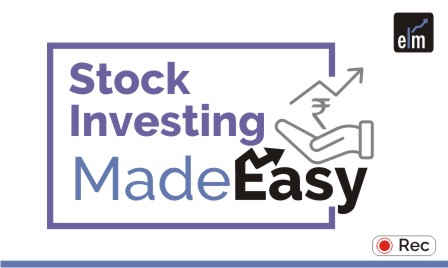What’s shocking in the report?
People usually pray before God in order to become rich. Those who are already rich, pray to become richer while those who are struggling to fulfill their basic needs, usually do not pray for riches. They pray for a smoother life which doesn’t involve struggle for basic needs. Now, the problem is that probably God has listened to both of them. What? Seriously!


At least that is what Oxfam’s recent report on wealth inequality in India says. Actually, Oxfam has released a shocking report ahead of the 50th Annual Meeting of the World Economic Forum, which says that top 1% (richest) in India hold four times more wealth than the bottom 70% (poorest) combined!
Highlights from the Report
Usually we try making the information interesting for you to read but, this time the information itself is so interesting that we do not need to do anything else. The report released by Oxfam has data insights that you’ll enjoy reading for sure. Here you go!
- India’s richest 1 percent hold more than four times the wealth held by 953 million people who make up for the bottom 70 percent of the country’s population.
- Total wealth of all Indian billionaires is more than the full year budget! (24,42,200 cr. only)
- World’s 2153 billionaires have more wealth than the 4.6 billion people i.e. 60% of world’s total population.
- It would take 22,277 years for a female domestic worker to earn what CEO of a top technology company makes in one year.
- What a domestic worker would make in one year, a tech CEO would make more than that in just 10 minutes!
- Women and girls put in 3.26 billion hours of unpaid care work which amounts to at least Rs. 19 lakh crores a year. This is 20 times the entire education budget in India for 2019! (Rs. 93000 crore only)
- As per the global survey, 22 richest men in the world have more wealth than all the women in Africa.
These are some of the key facts that the report highlights. But, more importantly we would have to read them between the lines in context of the Indian economy.
What Needs to be Done?
Oxfam India CEO Amitabh Behar has rightly said that inequality can not be curbed without stringent measures. In his words “the gap between the rich and poor can’t be resolved without deliberate inequality-busting policies, and too few governments are committed to these.”
In case of the Indian economy, the situation is clearly slightly worse as compared to the global economy. And, can this attributed to the corruption? How about the easy access to finances available to the rich and not to the needy? These are some of the questions that need to be answered sincerely.






































